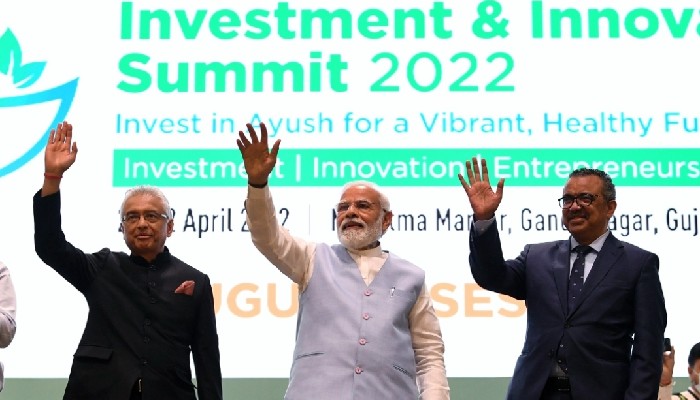The NEP has given special focus on the areas to ensure India is a superpower and is at the new heights of development and provides the people of India with new and best opportunities
Highlighting that the new National Education Policy, launched last week, is the need of hour, Prime Minister Narendra Modi on Friday said Indian youth need to develop critical and innovative thinking.
“In the recent years, there have not been major changes in education and thus the values of curiosity and imagination were not given the thrust. Instead, we moved towards a herd community. The mapping of interest, ability, and demand was needed. We need to develop critical thinking and innovative thinking abilities in our youths. It will be possible if we have purpose, philosophy, and passion of education,” the Prime Minister said, while addressing a conclave on ‘Transformational Reforms in Higher Education under National Education Policy.
He said the New Education Policy will lay the foundation of New India of the 21st century. “It will give our youth the education and skillset they need. The NEP has given special focus on the areas to ensure India is a superpower and is at the new heights of development and provide the people of India with new and best opportunities.”
He also said that the New Education Policy will focus on teachers’ training. “I believe, when a teacher learns, the national leads.”
“NEP has given rise to a healthy debate and the more we discuss and debate the more it will benefit the education department. It is palpable that questions will arise on how this huge plan will be implemented. We all will together do this implementation. Each one of you is directly involved in implementation of the NEP. In terms of political will, I am totally committed and with you,” the Prime Minister said
“Till now, we have focused on what to think but NEP 2020 focuses on how to think. In the time when there is a flood of information and content. It is important that we know which information is necessary and which is not. We need inquiry-based, discovery-based, and analysis-based modes of teaching. This will increase the interest to learn and participate in class,” Prime Minister Modi added.
“We need to make our students into global citizens and yet be rooted in their culture. The learning power of students will improve if the language they speak in and the language in which lessons are taught in school is the same. That is why we have recommended teaching in the mother tongue as soon as possible - at least class 5. This will strengthen their foundation” he said.
“Often students find that what they have learned is not in line with their job. Thus, to give flexibility to students we have given multiple entries and exit points. We have also freed education from the stream system. Students will have the flexibility to change their course if they do not think it is right for them. We are moving from thinking when a person is not glued to one profession for the entire lifetime and hence s/he needs to skill, re-skill and up-skill. These issues are part of NEP,” the Prime Minister added.
The conclave was also attended by Minister of Human Resources, Ramesh Pokhriyal Nishank, former ISRO chief who also headed the committee which drafted the NEP, and vice-chancellors of several universities
 Contact Us
Contact Us  Subscribe Us
Subscribe Us









 Contact Us
Contact Us
 Subscribe
Subscribe
 News Letter
News Letter

